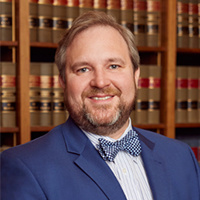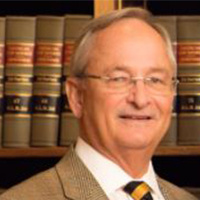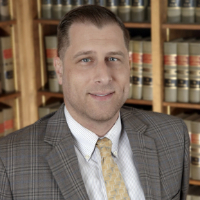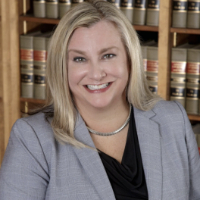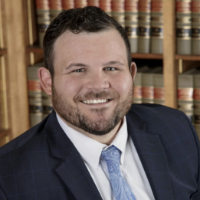Greenbrier White Collar Crime Lawyer, Arkansas
Sponsored Law Firm
-
 x
x

Click For More Info:
-
The Law Offices of Richard L. Cooper, P.A.
848 Brickell Avenue Suite 800 Miami, FL 33131» view mapDWI/DUI, Drug Trafficking, Felony Nationally Ranked Top 40 Under 40
With Richard L. Cooper you can expect a trusted confidant who will work diligently to fully understand your case and determine a road map to help you regain control of your life.
800-756-2781
Not enough matches for Greenbrier White Collar Crime lawyer.
Below are all Greenbrier Criminal lawyers.
David Wallace Parker
✓ VERIFIEDFormer prosecutor, David Parker, joined Dodds, Kidd, Ryan & Rowan in 2017. After graduating from UALR William H. Bowen School of Law in 2008, David w... (more)
Judson Candler Kidd
✓ VERIFIEDI was exposed to law at an early age as my grandfather and father were trial lawyers, grandmother was a court reporter and my uncle was a US Marshall.... (more)
Lucas Zachary Rowan
✓ VERIFIEDLucas Zachary Rowan is a practicing lawyer in the state of Arkansas handling personal injury, criminal and family law matters.
Catherine A. Ryan
✓ VERIFIEDLittle Rock native Catherine Ryan joined Dodds, Kidd & Ryan in 2016 after fourteen years representing injured parties as a trial lawyer in Boston, Mas... (more)
Robert Alston Newcomb
✓ VERIFIEDMr. Newcomb proudly represents clients in need of Criminal and Employment matters.
FREE CONSULTATION
CONTACTFREE CONSULTATION
CONTACTFREE CONSULTATION
CONTACT
 Richard L. Cooper Miami, FL
Richard L. Cooper Miami, FL AboutMiami Attorney at Law
AboutMiami Attorney at Law ServicesCriminal Defense
ServicesCriminal Defense